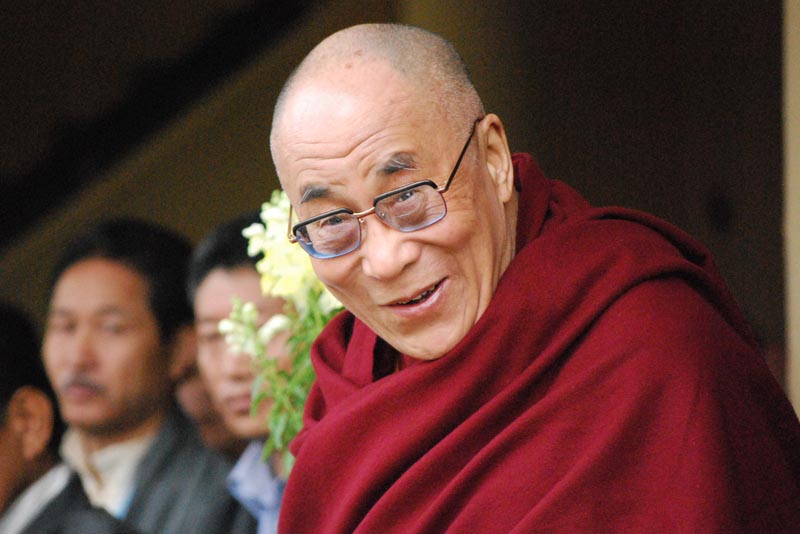
(TibetanReview.net, Oct19, 2018) – China has organized a conference of Tibetan monks and scholars over Oct 16-17 in Qinghai Province to discuss ways in which Buddhism could better serve China’s Belt and Road initiative (BRI) and resist separatism. Guided by the core socialist values, the symposium aimed to encourage Tibetan Buddhism to adapt to the socialist society and teach the religion to serve the construction of the BRI initiative, reported the official globaltimes.cn Oct 17, citing the news site tibet.cn. It has cited the Dalai Lama as an obstacle to that initiative and criticized India for not joining the BRI.
But given China’s ongoing campaign of ‘Sinicization’ of religion, one Chinese expert has condemned the Dalai Lama for advocating the preservation of “traditional culture” of Tibet while India is criticized for holding back on BRI for geopolitical reasons and being therefore not amenable to China’s soft power through the instrumentality of Tibetan Buddhism.
Nevertheless, noting that religious and cultural beliefs were similar in Central and South Asia, Qin Yongzhang, a research fellow at the Chinese Academy of Social Sciences (CASS), has said Tibetan Buddhism could serve as a bridge between BRI countries to better communicate with each other.
CASS and the China Tibetology Research Center attached strategic importance to the project to promote China’s BRI through Tibetan Buddhism, Qin has said.
Xiong Kunxin, an ethnic studies professor at Tibet University in Lhasa, has said soft power like religion, if used properly, will convert to hard power.
The report cited the official China News Service as having reported Apr 2018 that during this year’s International Buddhist Conference, Master Yin Shun, deputy head of China’s Buddhist Association, had noted that the construction of the China-proposed BRI had injected new energy into China-Nepal ties.
China also built a relationship with Mongolia through Tibetan Buddhism, Qin was stated to have noted, adding Ulan Bator had sent monks to study at the Lama Temple and High-level Tibetan Buddhism College of China, both located in Beijing.
However, Qin has called India an immediate challenge in promoting BRI through Tibetan Buddhism, saying the country was holding back for geopolitical reasons. And he has accused the Dalai Lama of having established a separatist base in India and of advocating the “traditional culture” as leverage to expand his influence.
Xiong has put forward the point that Buddhism had a significant role in curbing separatism, religious extremism and terrorism while implementing BRI, because it pursues harmony and opposes violence.
Zhao Kejin, deputy director of Tsinghua University’s Institute of International Studies, was reported to have said in an article published on ifeng.com that the Tibet Autonomous Region will benefit from the BRI, “which will stabilize the region and boost its economy by developing border trade and cultural tourism”.





